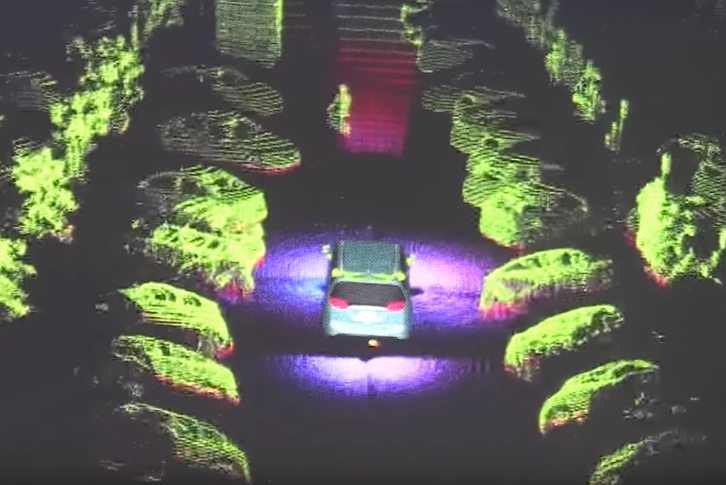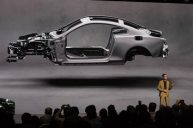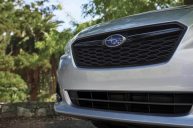The road towards fully autonomous vehicles and greater driving efficiency is being set on fire by visionaries like Elon Musk, who are redefining entire manufacturing and design processes at a speed we've never seen before.
Here are three visionaries who are shaping the automotive industry from different angles.
Elon Musk: CEO, Tesla, Inc.
Musk evangelized the concept of semi-autonomous technology as critical in any vehicle. After he became the first man to introduce it with his Autopilot auto steer concept, other automakers are following suit. Additionally, Musk led the charge for electric vehicles, creating a heated rivalry between Chevy's Bolt and the Model 3 in the race for supremacy. Plus, his designs are already legendary, with Tesla cockpits looking more 'Apple-like' than your average clunky electric vehicle interior.
Lastly, Musk's engineering background allowed over-the-air updates provided by the software to flourish. All Model Xs are capable of learning with bugs and easier to manage through updates rather than dealership service.
Christian Von Koenigsegg - Founder, Koenigsegg Automotive AB
The visionary behind the Koenigsegg hypercar and CEO/Founder of Koenigsegg Automotive, Christian Von Koenigsegg was one of the first to develop a carbon fiber chassis for reduced vehicle weight and is a significant influence in the development of direct-drive hybrid technology. Some of his smaller innovations include advancements in parallel parking, lighter mufflers, memory foam car seats, triplex suspension, and cleaner exhausts using the WG Prekat System. Koenigsegg is also considered a genius, conceiving his first sports car at the age of 22. He is a true icon of the automotive industry.
John Krafcik - CEO, Google Self-Driving Cars
Former Hyundai CEO John Krafcik is the leader of Google's Self Driving Car Project, also known as Waymo. In this role, he leads all development of self-driving car sensors, with the goal of reaching 'Level 4 autonomy', which is auto-speak for full control of driving under certain scenarios, such as being confined to a particular city or area. Additionally, Krafcik's team has been working extensively to bring cheaper solutions to market, with the original cost of LiDar, its object detection system, being close to $80,000.




